I spent half a year living together with the il-loitai and il-purko Maasai back in the year 2000. (see photos here) I learnt a bit of maa, the language of the Maasai. Just enough to, at the end of the trip, understand what the Maasai said when I together with a friend visited an original Maasai village just outside Nogorongoro. All tourists in the group we belonged to were brought into an “original” Maasai living quarter, where we sat down and all tourists had a chance to ask the chief questions. But before we started, an old woman came in, sat down next to the chief and a women in the group asked what does the money we pay to visit them go to? We all looked at the old lady, so she looked at the chief, asked him in maa;
“What do I tell these tourists?”
“Say that it goes to female projects, building schools and preserving nature. That is what they want to hear.”
So that´s what the old lady said and all the tourists looked happy!
However, on a more serious note, even back than the Maasai were not doing to well. They were pushed away from any political power by both the Kenyan and Tanzanian governments, since the people who ran these two countries, same as today, came from tribes that used to be dominated by the historically very strong Maasai. So, basically, revenge time! So what happened was that the Maasai lost their land in giant amounts mainly too politicians coming from those other tribes. I doubt very much that unfortunate behavior has changed too much since those days. However, I haven´t been involved lately, so I don´t know for sure, but when I read Greg´s great article below I felt sad, alarmed and worried. And realized I had to do my part to let the world see what is happening to these amazing human beings!
Gee, at the same time I am getting irritated on the Gulf Arabs again, because I have to spend so much time defending the Arabs as a whole due to their far too often regretful behavior when it comes to how to treat other humans. Listen, you are really making enemies everywhere right now!
Finally I want to say that there are safari operators who do take full responsibility at full eco-tour level. Kensington Tours who I work with are very clear on these issues!
Africa; Forcing the Maasai off their land…for tourism?
By
Greg Gross
Three years ago, some wealthy business types from the United Arab Emirates came up with an idea: Create a game preserve in Tanzania where well-heeled hunters could legally hunt for “trophies.”
The Tanzanian president, Jakaya Mrisho Kikwete, whose government is chronically strapped for cash, signed off on the deal.
The deal, however, included the eviction of some 40,000 nomadic Maasai herdsmen and their families from their lands in the Loliondo region of northern Tanzania.
When they objected, things got ugly — violently ugly. Police beat villagers and forced out of their homes. In some cases, they were burned out, their precious cattle destroyed along with their villages.
If you didn’t hear about this back in 2009, it could be because were preoccupied with a lot of things closer to home. The beginning of the Barack Obama presidency and the battle over health care reform, the deaths of Sen. Edward Kennedy and Michael Jackson, Iraq, Afghanistan, not to mention the latest doings of Donald Trump and the Kardashians.
Elsewhere in the world, though, people did hear about this. The Guardian newspaper in London, among others, reported extensively on it. There were even YouTube videos about Maasai families being forcibly removed.
Eventually, enough people of conscience, inside and outside of Tanzania, raised enough Hell over this that President Kikwete saw fit to back out of the deal.
Fast-forward to the present, and my email in-box, where I find this little missive:
“At any moment, a big-game hunting corporation could sign a deal which would force up to 48,000 members of Africa’s famous Maasai tribe from their land to make way for wealthy Middle Eastern kings and princes to hunt lions and leopards.”
They’re B-A-A-A-A-CK.
If you read the 2009 Guardian story about this (and you really should), you will see that what’s been happening in Loliondo — and what may be about to happen again — is neither new nor unique to Tanzania.
In neighboring Kenya as well, the Maasai have been getting pushed around — and/or pushed off their ancestral lands — for decades, almost always in the name of generating lucrative safari travel. The Maasai have a few bones tossed their way — a little employment here, some drought aid there, a few sound-bite-worthy efforts toward wildlife conservation.
In the end, however, the story is nearly always the same. The tour operators get rich. The Maasai get dispossessed.
African politics is a minefield from which I generally try to stay as far away as possible. But this one involves international tourism, and this is just wrong.
I’m all for preserving wildlife. I may not be crazy about the idea of sanctioning recreational hunting for no purpose other than to allow wealthy hunters the chance to legally kill animals just for the fun of it, but if the local people are okay with it, that’s fine.
Just not at the expense of their homes and their way of life.
I don’t need to see a lion or a leopard that badly, nor am I inclined to kick people off their lands just for the chance to shoot one. But that’s just me.
Or is it?
If you feel the same way, you should consider adding your digital signature to the email petition being sent around by avaaz.org top put a stop to this land grab, hopefully for the last time.
You can sign the avaaz.com petition here.
Greg Gross is 60 years old, a former mainstream journalist who spent 41 years with the San Francisco Examiner, the Associated Press and the San Diego Union-Tribune. I’m originally from New Orleans, LA, currently living in San Diego, CA. Australia and Antarctica are the only two continents on which he yet to set foot.
He started this blog three years ago to encourage African-Americans to travel more, especially internationally. Americans in general travel less than perhaps any other people among the world’s developed nations, and African-Americans even less than that. Only about 37 percent of the US populations owns a passport. In the 21st century, in a world more inter-connected and inter-dependent than ever before, this is no longer acceptable.
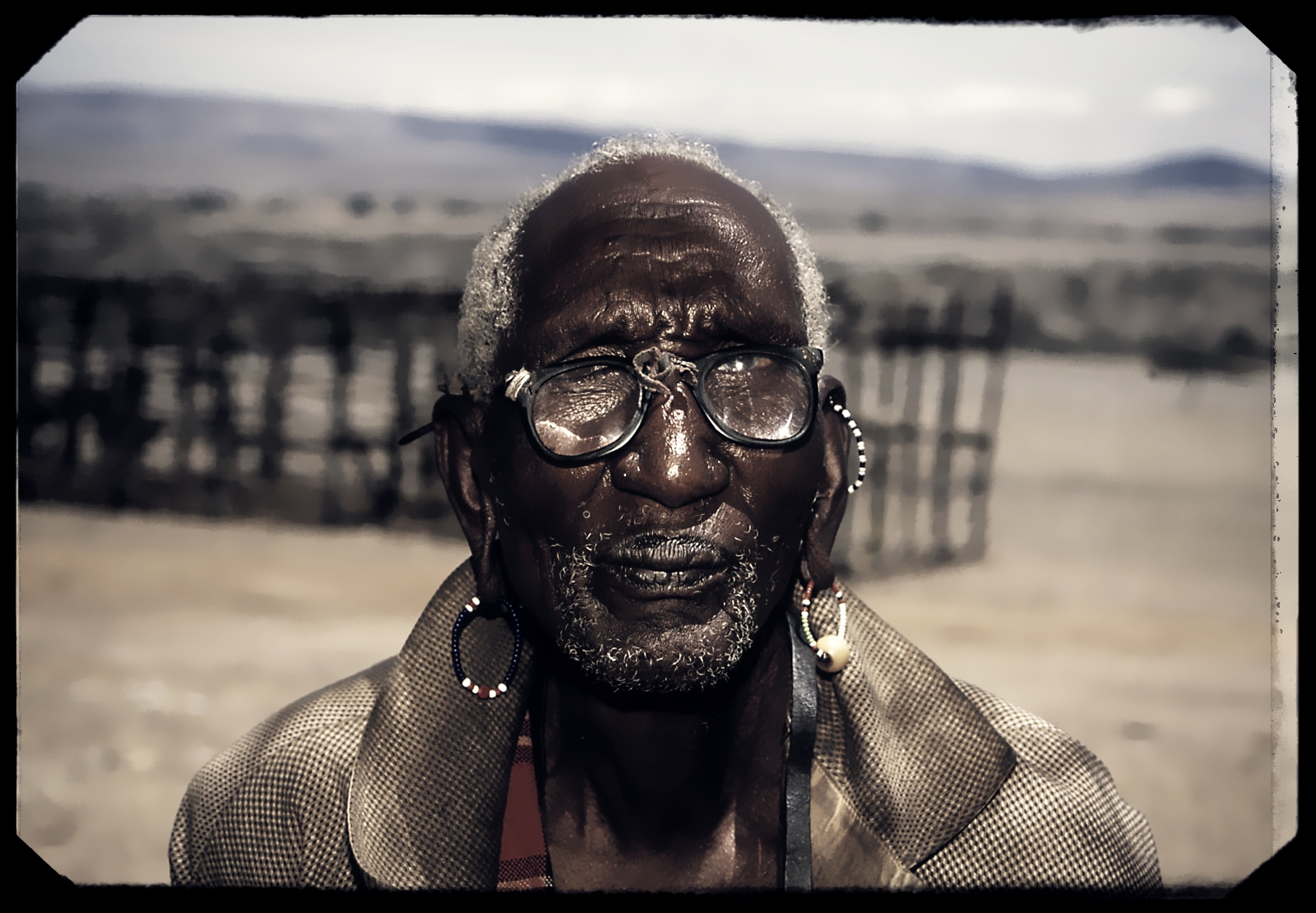
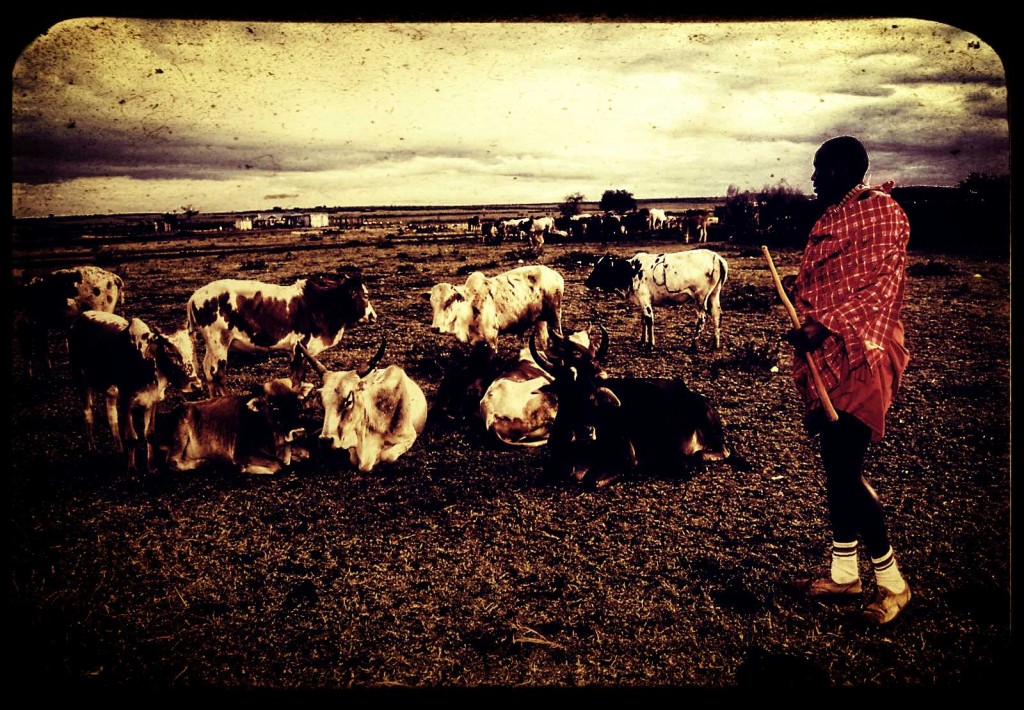
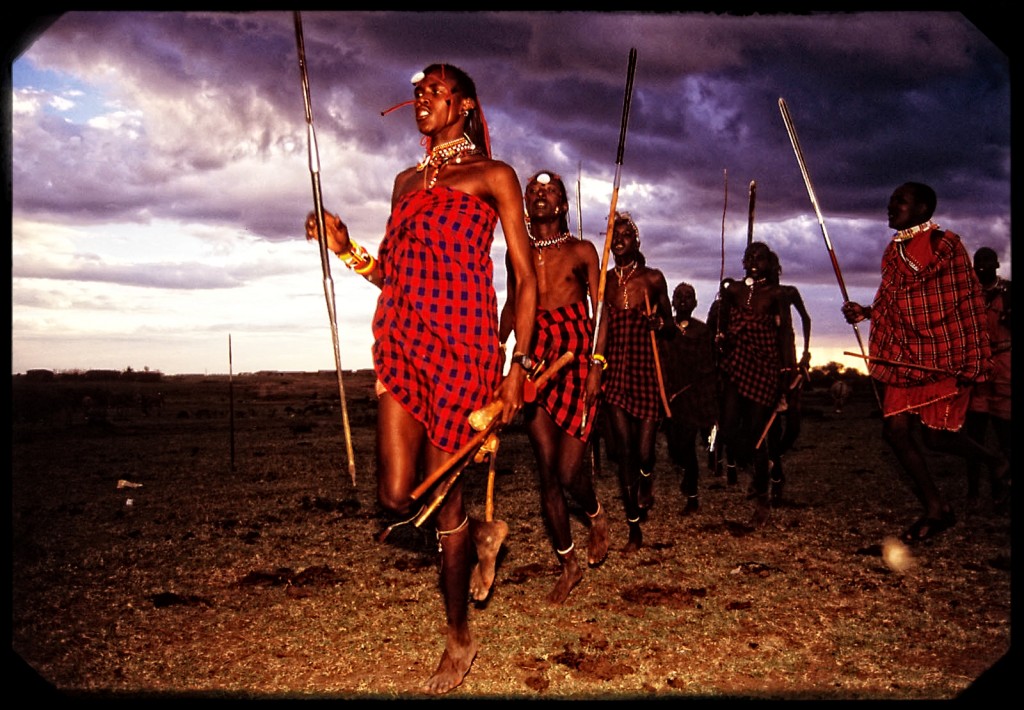

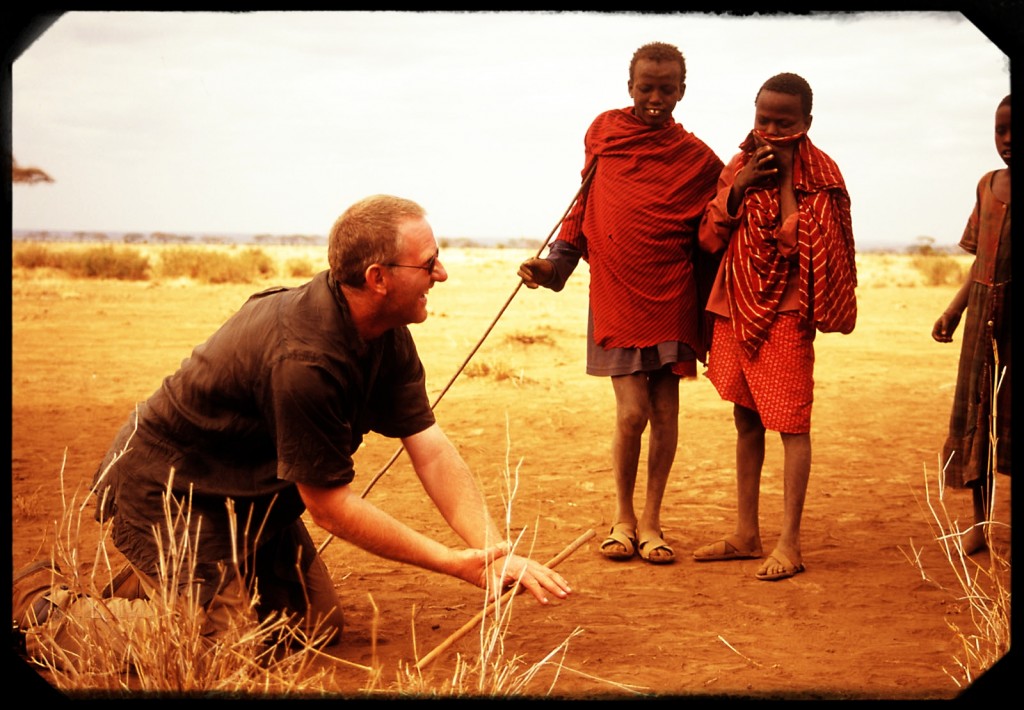


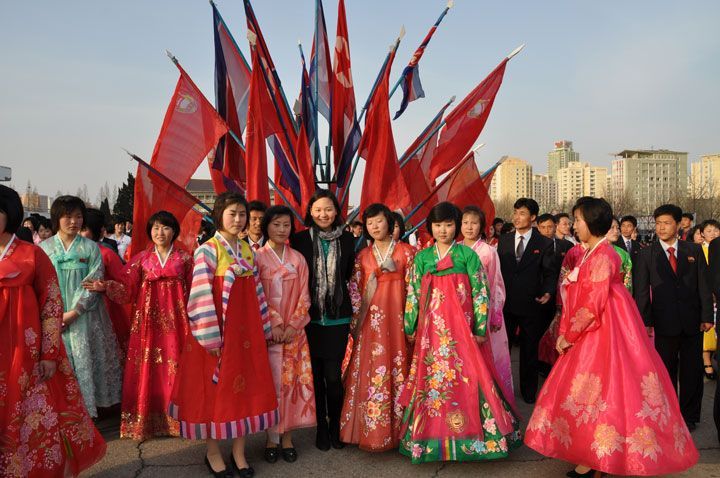
Its a nicely written content, a nice work done here. I like it very much a great piece of information is also given here. And also requesting to post some content who are not regular traveller as me.